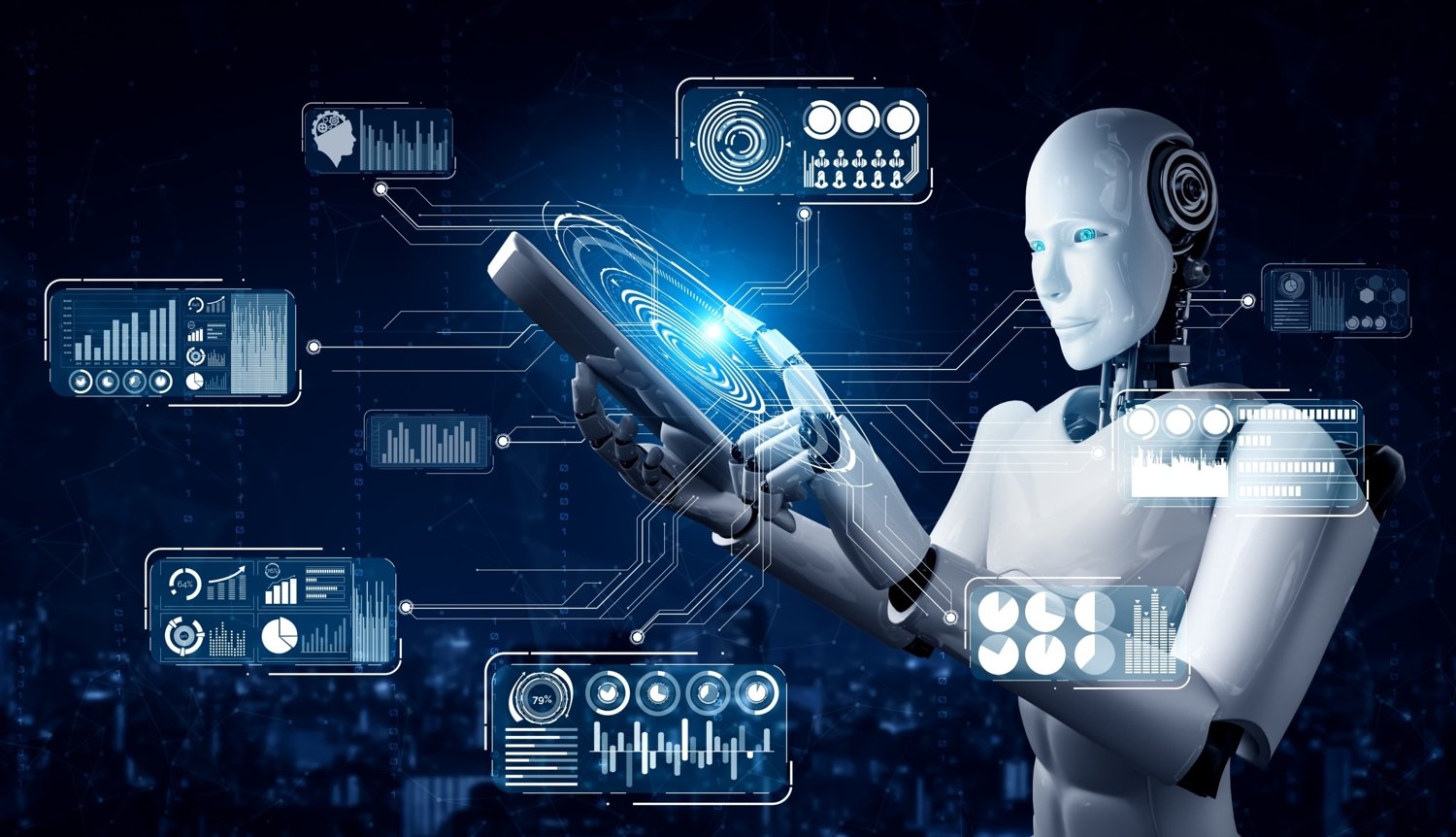Machine learning (ML) has become crucial to many businesses in recent years. It has enabled companies to automate complex tasks, make better predictions, and gain valuable insights from their data. However, deploying ML models into production environments can be challenging as they become more complex and sophisticated.
That’s where MLOps comes in. MLOps, or Machine Learning Operations, is an emerging field that focuses on integrating machine learning models into production workflows. In this article, we’ll explore what MLOps is, its benefits, and how it’s shaping the future of machine learning.
Contents
What is MLOps?
MLOps is the practice of applying DevOps principles to the machine learning lifecycle. It involves the automation, orchestration, and monitoring of all the steps involved in deploying and maintaining machine learning models in production. MLOps aims to create a streamlined, efficient, and reliable pipeline for developing, testing, deploying, and managing machine learning models.
The Benefits of MLOps
Implementing MLOps in your machine learning workflow has several benefits, including:
- Improved Model Quality: MLOps helps to enhance the quality of your machine learning models by providing a consistent and automated way of testing, training, and validating them.
- Faster Deployment: MLOps automates the deployment process, making it quicker and more efficient. This means that you can get your models into production faster and start reaping the benefits sooner.
- Increased Agility: MLOps makes changing your models easier, experimenting with new techniques, and iterating quickly.
- Reduced Risk: By automating the deployment process and providing monitoring and alerting, MLOps minimizes the risk of errors or issues arising in production.
MLOps Workflow
The MLOps workflow involves several stages, including:
- Data Preparation: This consists in collecting, cleaning, and preparing the data that will be used to train and test the machine learning model.
- Model Training: This involves selecting the appropriate algorithms, training the model on the data, and tuning its hyperparameters.
- Model Evaluation: This involves testing the model on a separate dataset to evaluate its accuracy, precision, and recall.
- Model Deployment: This involves deploying the model into a production environment on-premises or in the cloud.
- Model Monitoring: This involves monitoring the model’s performance in production, identifying any issues, and triggering alerts when necessary.
MLOps Tools and Technologies
There are several tools and technologies available to support MLOps, including:
- Version Control Systems: Tools such as Git and GitHub are essential for versioning and managing the code and data used in machine learning projects.
- Containerization: Tools like Docker and Kubernetes package the machine learning models and their dependencies into portable, reproducible, and scalable containers.
- Continuous Integration/Continuous Deployment (CI/CD): CI/CD tools like Jenkins and CircleCI automate machine learning model testing, building, and deployment.
- Monitoring and Alerting: Tools like Prometheus and Grafana are used to monitor the performance of machine learning models in production and trigger alerts when issues arise.
The Future of Machine Learning Operations
The future of MLOps is promising, with many exciting developments on the horizon. Here are some of the key trends that we can expect to see in the world of MLOps in the coming years:
Increased Adoption of MLOps
As more and more businesses recognize the importance of machine learning, we can expect to see a significant increase in adopting MLOps practices. By implementing MLOps, companies can ensure that their machine learning models are developed, tested, deployed, and managed efficiently and effectively.
More Sophisticated MLOps Tools
As machine learning operations continue to mature, we can expect to see the development of more sophisticated MLOps tools and technologies. These tools will enable businesses to automate more of their MLOps processes, reducing the time and effort required to deploy and manage machine learning models.
Increased Focus on Model Explainability and Transparency
As machine learning models become more complex and sophisticated, there is a growing need for transparency and explainability. In the future, we can expect to see an increased focus on developing machine learning models that can be easily understood and explained, enabling businesses to build trust with their customers and stakeholders.
Increased Collaboration between Data Scientists and IT Operations Teams
MLOps is all about collaboration between data scientists and IT operations teams. In the future, we can expect to see even greater collaboration between these teams as they work together to develop and deploy machine learning models that meet the needs of the business.
More Emphasis on Security and Compliance
As machine learning becomes more prevalent in critical applications such as healthcare, finance, and cybersecurity, there will be a growing need for security and compliance. In the future, we can expect to see more emphasis on developing secure and compliant machine learning models that can be trusted to perform critical tasks.
Conclusion
In conclusion, MLOps is an essential practice for any business that wants to leverage the power of machine learning in its operations. By applying DevOps principles to the machine learning lifecycle, MLOps creates a streamlined and efficient pipeline for developing, testing, deploying, and managing machine learning models in production.
Implementing MLOps in your machine learning workflow can yield several benefits, including improved model quality, faster deployment, increased agility, and reduced risk. Moreover, MLOps allows data scientists and machine learning engineers to focus on their core tasks of designing and developing models while the operational aspects are taken care of by MLOps.
MLOps tools and technologies are continually evolving, with new solutions being developed to address the unique challenges of machine learning operations. However, it’s crucial to note that MLOps is not a one-size-fits-all solution. The MLOps approach will vary depending on each business’s needs and requirements.
Read More: AI and SEO: What Does the Future Look Like?




